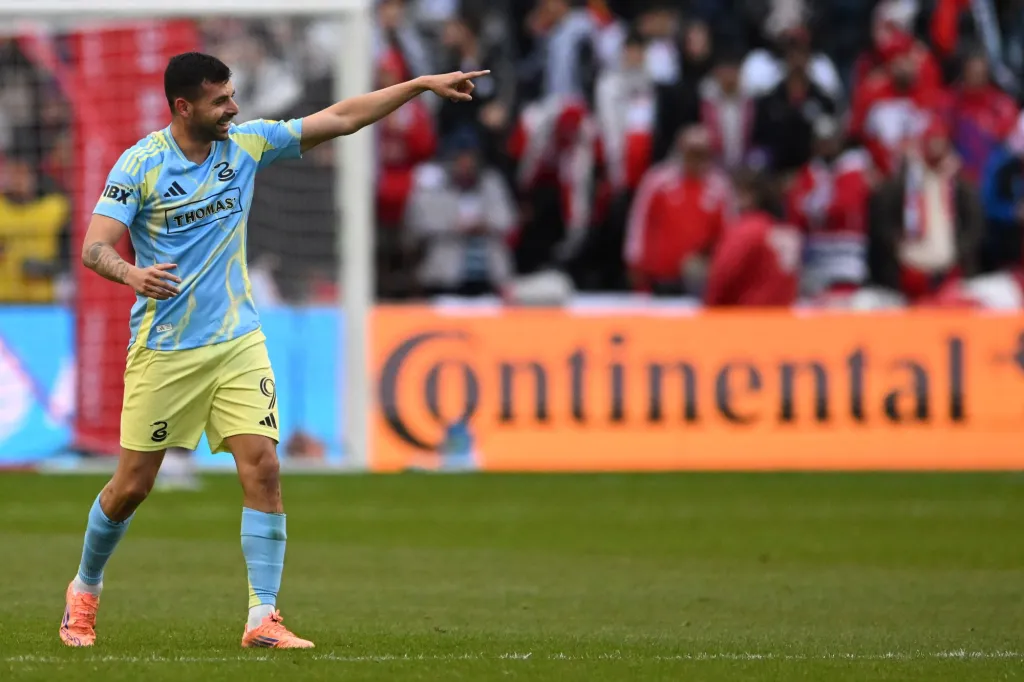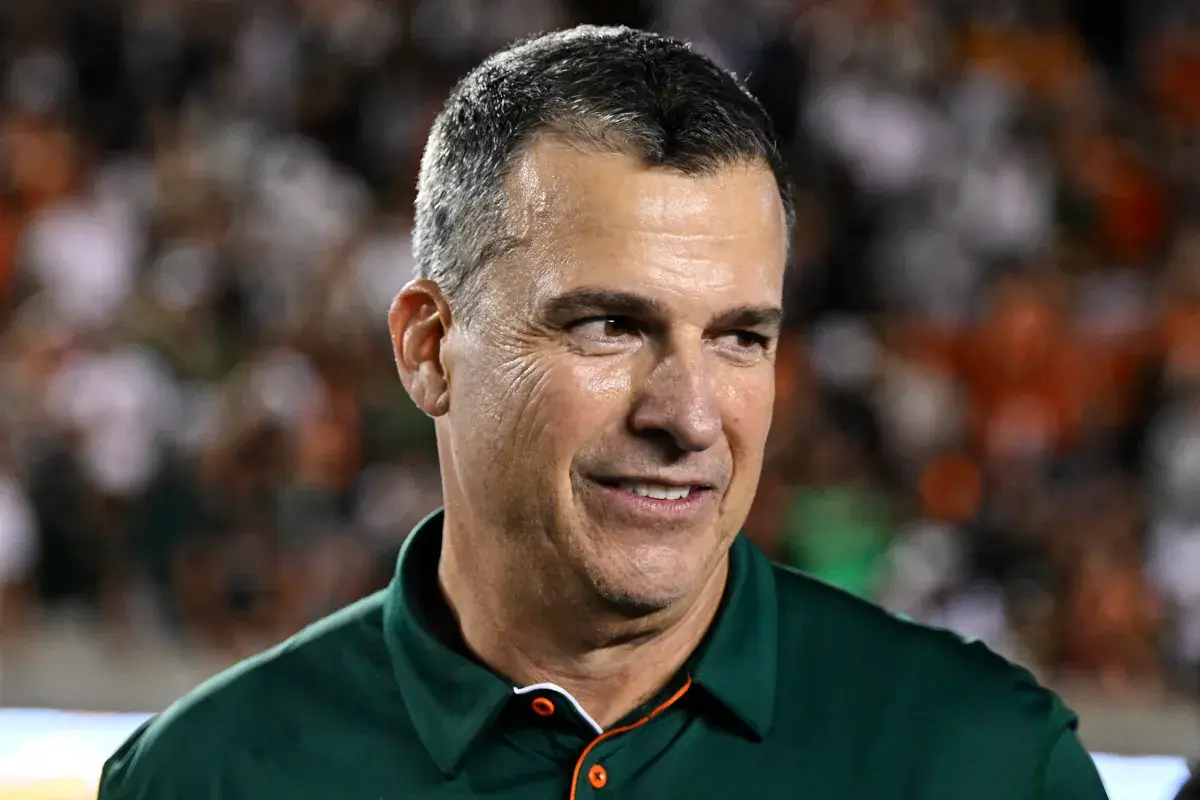Copyright Reading Eagle

For information on submitting an obituary, please contact Reading Eagle by phone at 610-371-5018, or email at obituaries@readingeagle.com or fax at 610-371-5193. Most obituaries published in the Reading Eagle are submitted through funeral homes and cremation services, but we will accept submissions from families. Obituaries can be emailed to obituaries@readingeagle.com. In addition to the text of the obituary, any photographs that you wish to include can be attached to this email. Please put the text of the obituary in a Word document, a Google document or in the body of the email. The Reading Eagle also requires a way to verify the death, so please include either the phone number of the funeral home or cremation service that is in charge of the deceased's care or a photo of his/her death certificate. We also request that your full name, phone number and address are all included in this email. All payments by families must be made with a credit card. We will send a proof of the completed obituary before we require payment. The obituary cannot run, however, until we receive payment in full. Obituaries can be submitted for any future date, but they must be received no later than 3:00 p.m. the day prior to its running for it to be published. Please call the obituary desk, at 610-371-5018, for information on pricing. The Philadelphia Union are in the midst of one of the best seasons in franchise history. They won the second trophy in club history by lifting the Supporters’ Shield. They set the franchise mark for the most MLS wins in a season and are tied with the most wins in all competitions in a season. They are three wins from the ultimate prize of MLS Cup, all three of those games to be held in Chester. And the excitement is … well, minimal, due in large part to the confounding way in which MLS has elected to construct its season schedule. The Union bear the brunt of that this week, not for the first time in 2025. All the excitement of last Saturday’s 3-0 win over the Chicago Fire to clinch progress in the first round of the MLS Cup playoffs must go into cold storage for not one, not two, but three off weeks in the middle of a supposedly intense tournament. The Union have this week off thanks to an unnecessary Game 3 allotment for their best-of-3 playoff series. Next week is the FIFA international window, where at least Philadelphia-area fans can enjoy the U.S. national team playing a friendly in Chester. Then finally, the league gets around to resuming its tournament with all the stakes that are supposedly imbued to it. It’s the latest act of MLS self-trivialization. And while the league is so busy trying to measure itself against other global soccer leagues ahead of the 2026 World Cup, it’s missing one very, elemental tree among the view of the forest: That fans depend on a reasonable expectation of when they can find your games, especially those that are supposed to be the best showcase of your brand. Sports fans thrive on seasonal routine. That first cold afternoon of September feels like football. The first warm morning of spring is baseball. The bracing cold after a winter basketball game is the same as when you leave your family’s house after a holiday gathering. It borders on sporting synesthesia. But MLS has at every turn sabotaged itself in carving out a set place in American sporting calendar, one in which it is in viewed by the four major sports as an interloper. This is a league that started as offseason programming for football stadiums, and it’s struggled to establish a more substantial identity to casual fans outside of the soccer echo chamber. The Union’s scheduling adventure this year captures one angle of the dysfunction. The Union played their 25th league game on July 26 against Colorado. With Decision Day on Oct. 18, that meant nine games over nearly three months, in part due to the idiotic windmill-tilting that is the Leagues Cup, which the Union opted out of this year. From that game against Colorado, the Union had 13 days off. An Aug. 9 game against Toronto started a stretch of five games in 23 days. Then 12 days off for the September international break. Then four games in 15 days. The Union had a normal Saturday-to-Saturday week on Oct. 4, when it clinched the Shield by beating New York City FC. Cue the excitement of … 13 days off in the international break ahead of Decision Day. The playoffs allowed three games in as many weeks before this mid-tournament sabbatical. The Union played nine games in May, a gauntlet that prepared them for the tests ahead and that coach Bradley Carnell often cites as formative. If they reach MLS Cup, they will have played three games in October, three in November and MLS Cup final on Dec. 6, a total of seven games in nine weeks. Some of the challenge is unavoidable. MLS is captive to the international calendar, like any league. But it has routinely failed to establish the rhythms that European leagues have, granted with much less practice. In Europe, however, a feel has developed to what is on the docket in a given week. Certain weeks just feel like cup games or Champions League. The American soccer jumble has no such pillars. For casual fans in Philadelphia — and please put aside the irony momentarily — the biggest association with the Union is that in 2022 they lost MLS Cup on the same day that the Phillies were eliminated from the World Series. That coincidence was forced by FIFA’s malfeasance, the schedule moved up to accommodate a World Cup awarded definitely not in exchange for bags of cash to a barely habitable desert necessitating a December final. Still, imagine the surprise of casual observers who see the Phillies’ season end and then wonder how the Union’s has two more months left. Part of it is self-sabotage by MLS. Taking an upfront payment from Apple made financial sense, even if the main driver was an egocentric desire to be seen as innovators in sports streaming, and stanching the flow of dispiriting weekly viewership numbers from national broadcasts. Siloing its product behind a paywall with a steep price effectively shut off spontaneous discovery for casual fans. It’s proven more constraining than imagined. The league is also blind to more minor disruptions: 90 percent of games all season are played on Saturdays, but suddenly the playoffs have an idle Saturday to play Sunday games? Don’t play games on Friday or Monday or Tuesday all year and then put playoff games there? MLS will soon face an existential change. It has already once voted to explore the possibility of a switch to a winter schedule, though not before 2027. Doing so would mimic the top European leagues that run from roughly August to May. Proponents see it as a way for MLS to better position itself as a league that can challenge more established leagues, better aligning with soccer fans’ viewing interests and easing international competitions and transfers. But it threatens to further dislodge what little continuity and equity MLS has already built with fans. If nothing else, MLS has plenty of time without playoff games to mull it over. Contact Matthew De George at mdegeorge@delcotimes.com.



